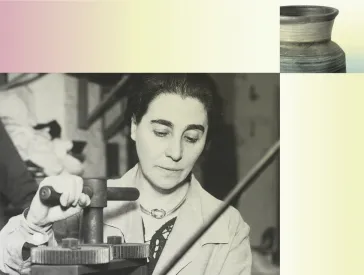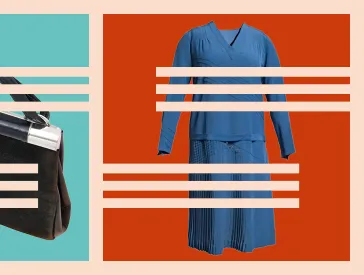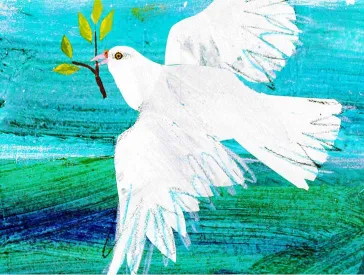Sukkot
Sukkot is a cheerful, optimistic holiday, which is celebrated for seven days. In the Book of Leviticus, the third Book of the Old Testament, God commands his people to dwell in thatched booths:
"Ye shall dwell in booths seven days […] That your generations may know that I made the children of Israel to dwell in booths, when I brought them out of the land of Egypt."
On Sukkot, many Jews build such a dwelling in the open, where they drink, eat and sometimes even sleep. The booths are reminiscent of the tents which housed the Israelites during their forty years of wandering through the desert. The are likely to have originated in the huts built by wine harvesters, who helped reap grapes in the fall. Sukkot is also a Thanksgiving holiday, which used to be celebrated as a pilgrimage to the Temple in Jerusalem to offer sacrifices from the harvest.




